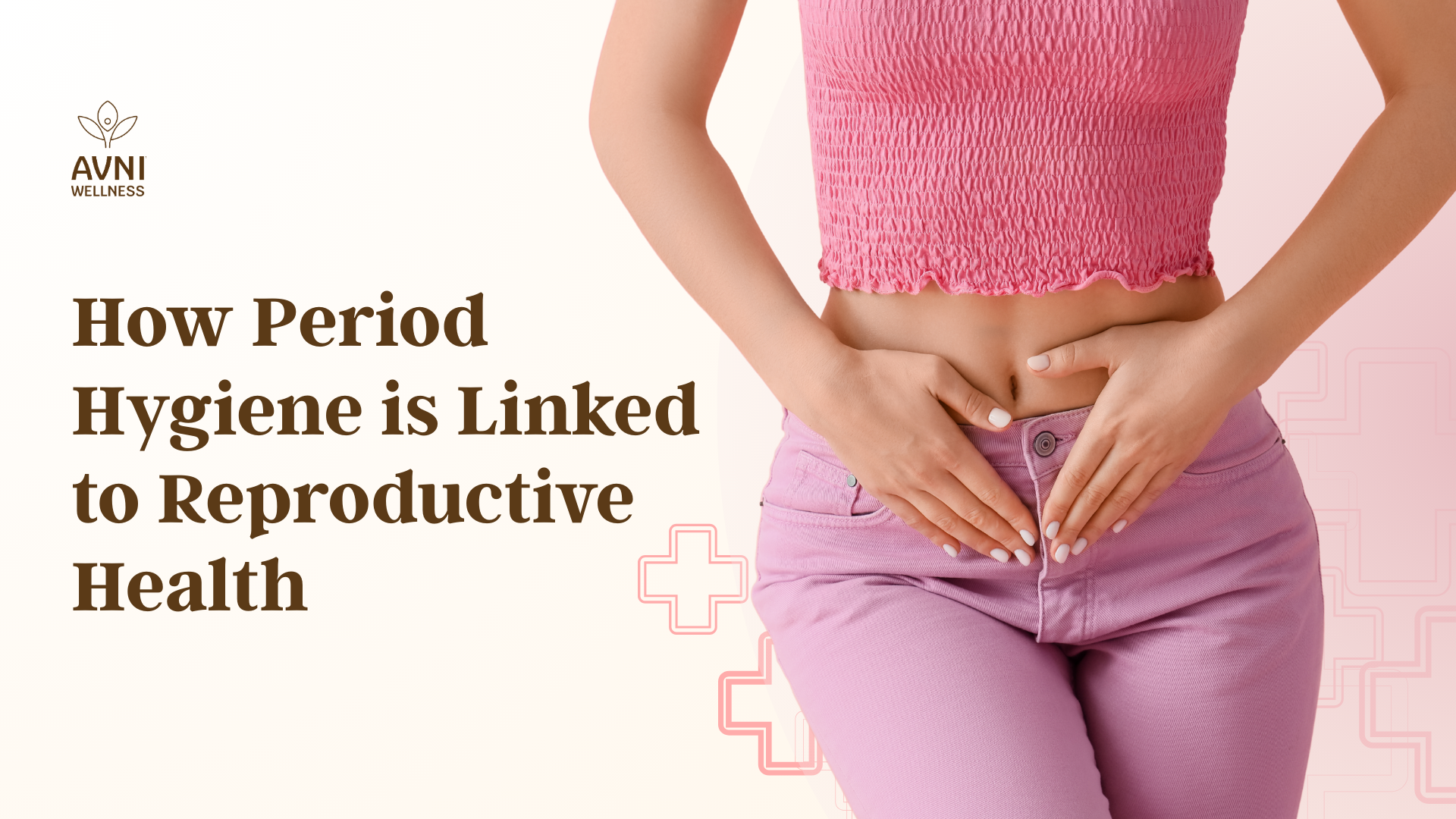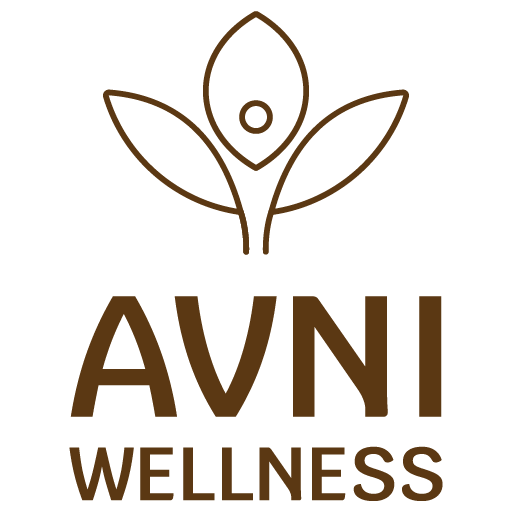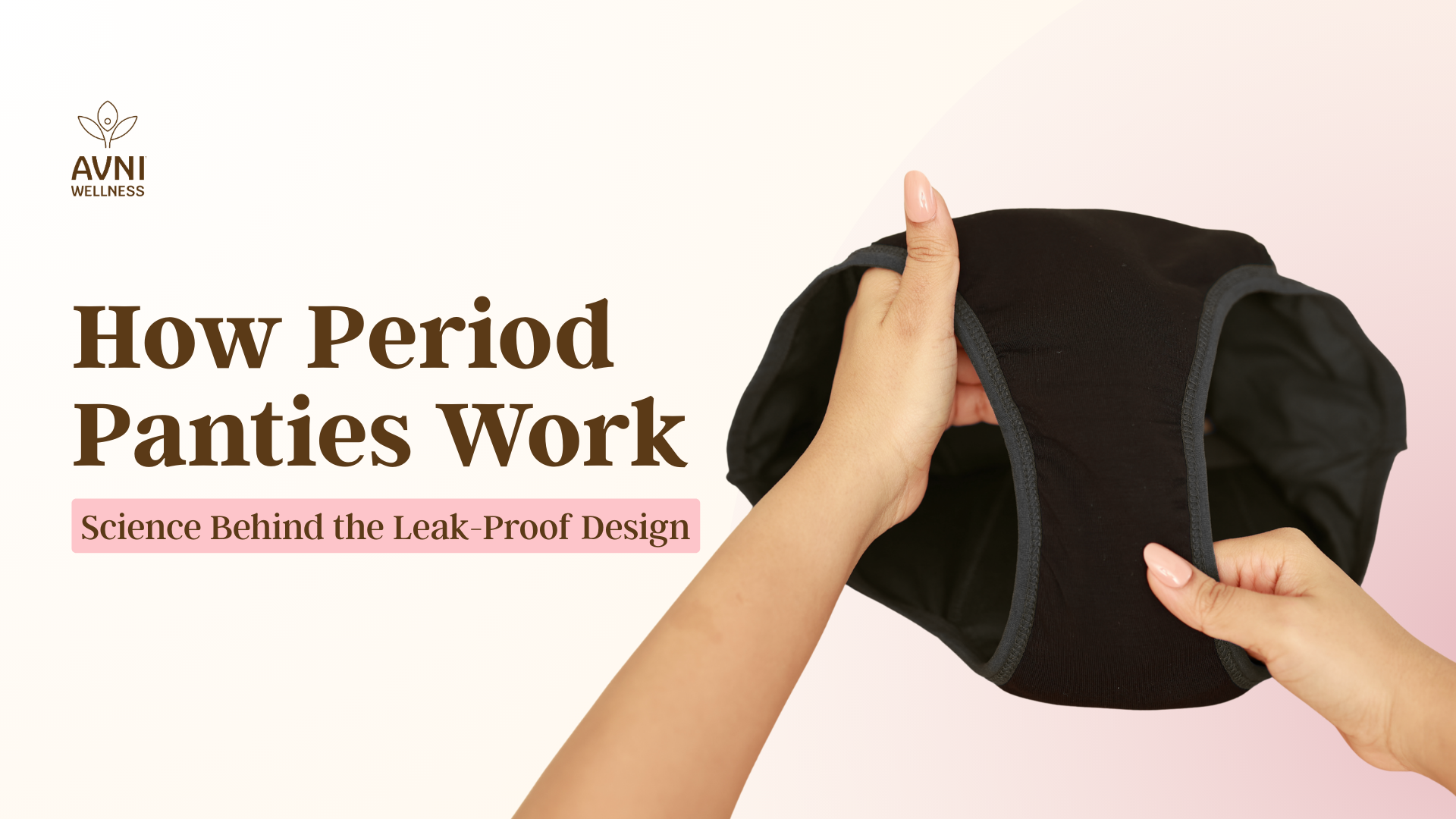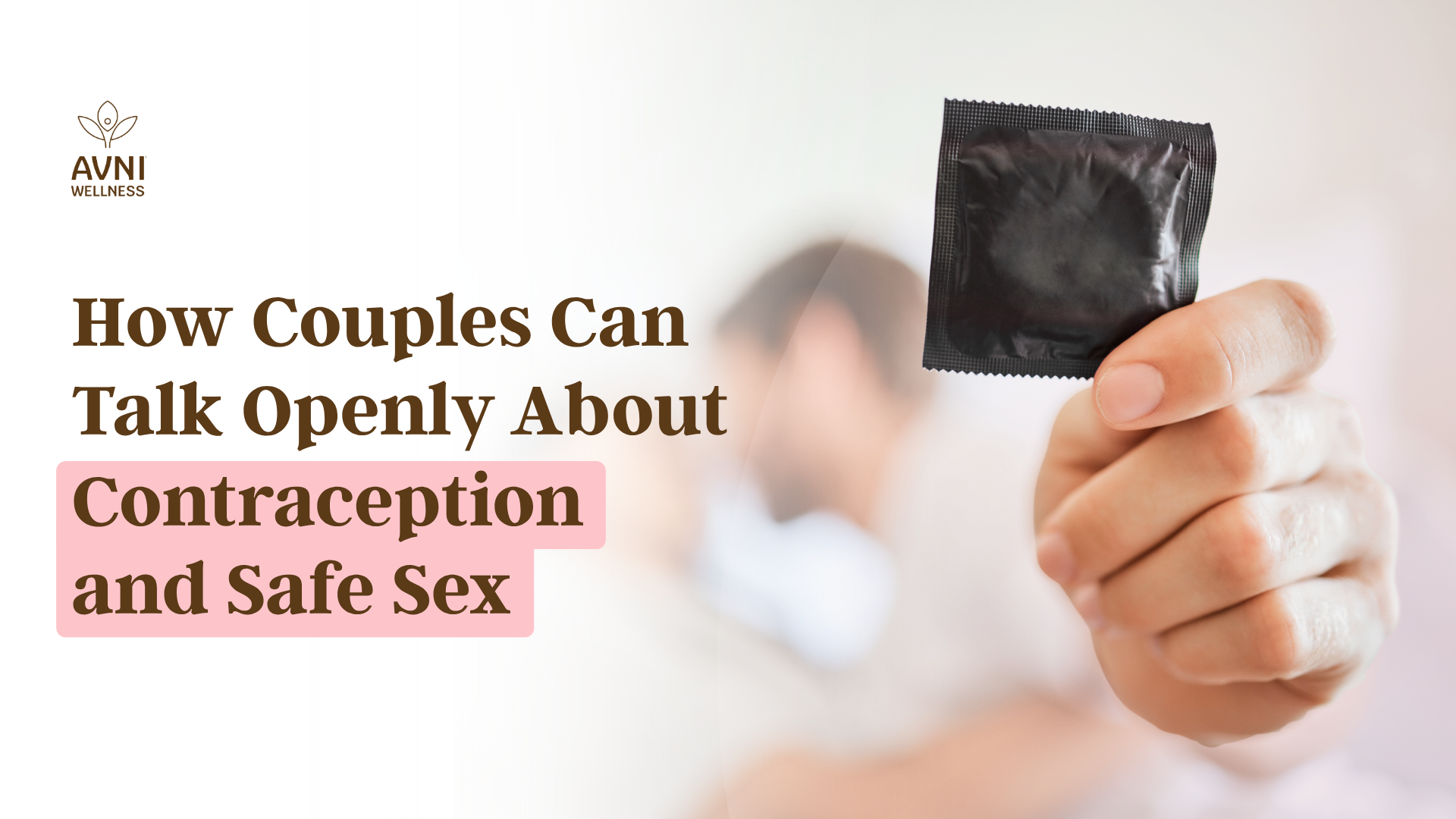
How Period Hygiene is Linked to Reproductive Health
Menstruation is a natural and vital process in a woman’s life, yet it is often surrounded by myths, taboos, and misinformation. Proper period hygiene is not just about comfort—it is a key factor that directly impacts reproductive health. At Avni Wellness, we believe in empowering women with knowledge and safe practices that promote overall wellbeing.
Understanding Period Hygiene
Period hygiene refers to the practices and measures a person takes to maintain cleanliness and comfort during menstruation. This includes choosing the right menstrual products, washing hands before and after changing products, maintaining genital hygiene, and managing menstrual flow responsibly. Poor period hygiene can lead to discomfort, infections, and long-term reproductive health issues.
How Poor Period Hygiene Affects Reproductive Health
Ignoring proper menstrual hygiene can have serious consequences on reproductive health. Some of the risks include:
-
Urinary Tract Infections (UTIs): Using unclean or prolonged menstrual products can introduce bacteria into the urinary tract, causing infections that may recur if untreated.
-
Bacterial Vaginosis & Yeast Infections: Unsanitary pads or tampons can disrupt the natural pH of the vagina, leading to infections.
-
Pelvic Inflammatory Disease (PID): Chronic infections from poor hygiene can affect the uterus, fallopian tubes, and ovaries, potentially causing infertility.
-
Skin Irritation and Allergies: Synthetic or unhygienic products can cause rashes, itching, and irritation in sensitive areas.
Best Practices for Maintaining Period Hygiene
Practicing good menstrual hygiene is simple when you follow a few key steps:
-
Choose the Right Menstrual Products: Opt for products that suit your flow and comfort. Reusable period panties, organic pads, and menstrual cups are eco-friendly options offered by Avni Wellness.
-
Change Products Regularly: Pads should be changed every 4–6 hours, tampons every 4–8 hours, and menstrual cups every 8–12 hours.
-
Wash Hands Before and After Handling Menstrual Products: This reduces the risk of introducing bacteria to the vaginal area.
-
Maintain Genital Cleanliness: Cleanse with mild, unscented water or pH-balanced cleansers. Avoid harsh soaps or perfumed products.
-
Practice Safe Disposal: Dispose of pads and tampons responsibly to maintain hygiene and protect the environment.
The Link Between Period Hygiene and Long-Term Reproductive Health
Maintaining proper menstrual hygiene not only prevents immediate infections but also safeguards long-term reproductive health. Women who follow hygienic practices are less likely to experience complications such as chronic infections, infertility, or complications during pregnancy. Moreover, good period care can improve comfort, confidence, and overall quality of life.
Avni Wellness: Inspiring Hygiene and Comfort
At Avni Wellness, we focus on sustainable and safe period care solutions designed for Indian women. Our range of organic and reusable period products ensures maximum comfort while protecting reproductive health. From reusable period panties to plant-based detergents like ZentiClean™, we are committed to making periods healthier, eco-friendly, and stress-free.
Final Thoughts
Period hygiene is more than a daily routine—it’s a cornerstone of reproductive health. By practicing proper hygiene and choosing safe menstrual products, women can prevent infections, avoid complications, and support their overall wellbeing. Trust Avni Wellness to guide you toward healthier, happier, and more confident menstruation experiences.



Leave a comment
This site is protected by hCaptcha and the hCaptcha Privacy Policy and Terms of Service apply.